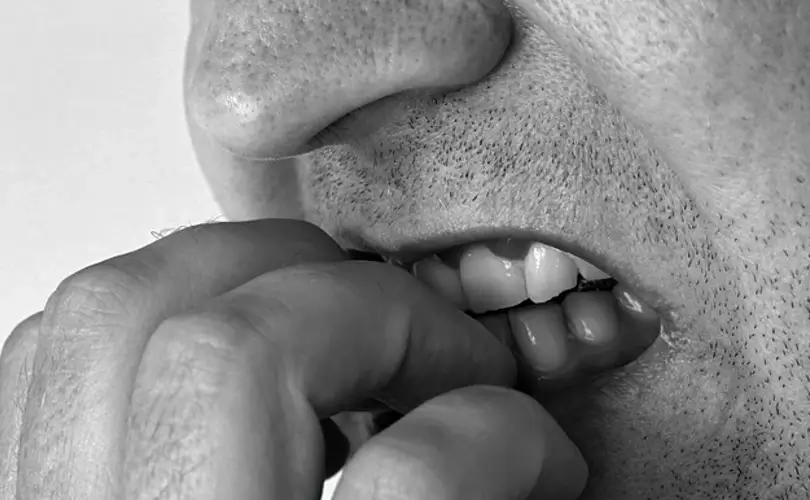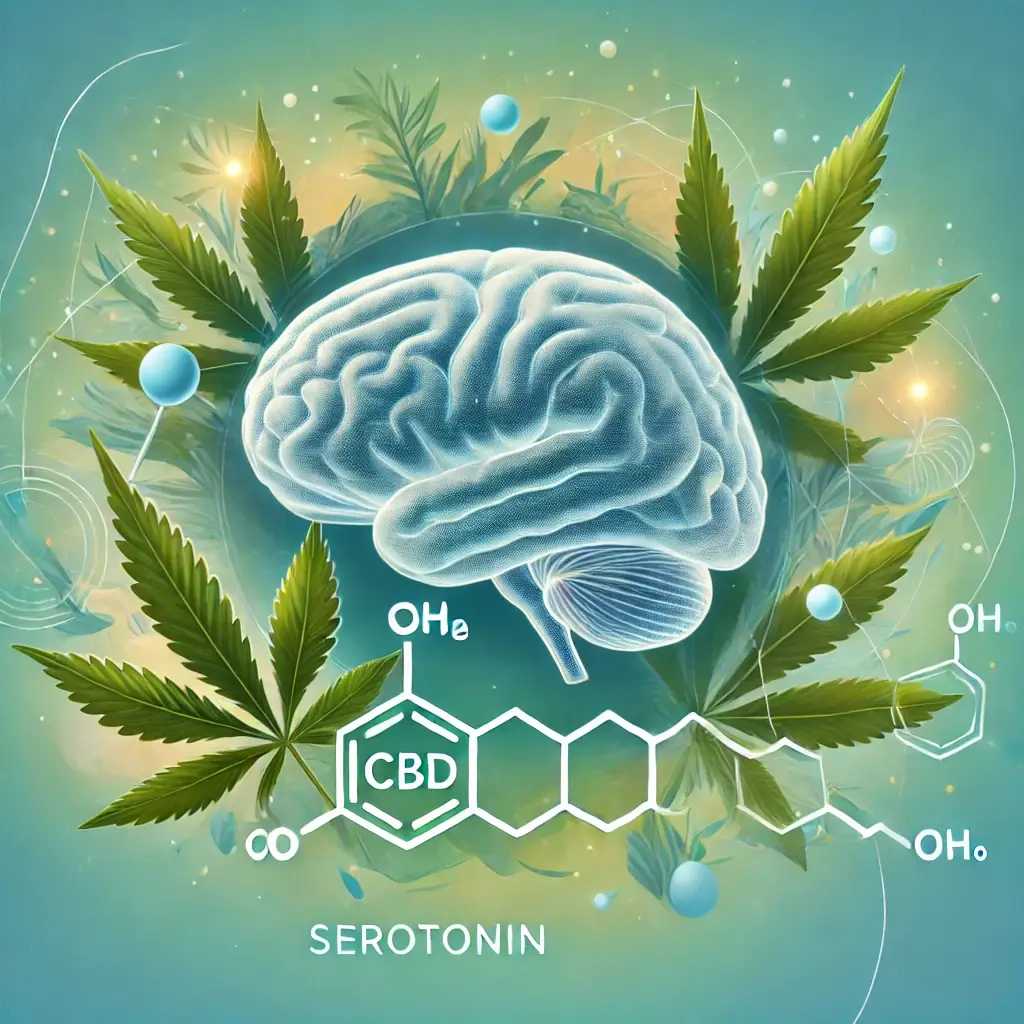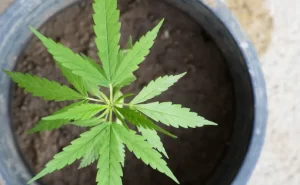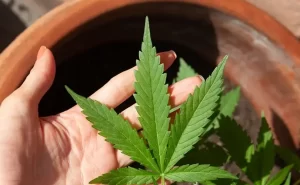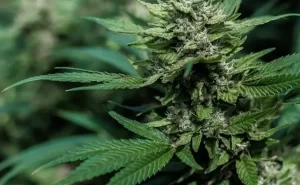Marijuana Usage and Its Advantages in the Treatment of Anxiety and Depression
Marijuana, often known as cannabis, is a plant with psychotropic and therapeutic characteristics that have been used for generations. In recent years, there has been an increasing body of research on marijuana’s potential advantages for treating anxiety and depression.
Anxiety
Concern, tension, and dread are common mental health disorder anxiety symptoms. A range of causes, including stress, trauma, and medical disorders, might contribute to it.
Marijuana appears to be beneficial in the treatment of anxiety. According to a 2015 research, people who took marijuana for anxiety reported a considerable improvement in their symptoms. However, it is crucial to highlight that this was a tiny study, and further research is needed to corroborate these findings.
Depression
Sadness, despair, and a sense of unworthiness are symptoms of depression. Various variables might contribute to it, including genetics, medical disorders, and life experiences.
There is also some evidence that marijuana might help in depression treatment. According to a 2017 research, people who took marijuana for depression reported a considerable improvement in their symptoms. However, it is crucial to highlight that this was a tiny study, and further research is needed to corroborate these findings.
What effect does marijuana have on anxiety and depression?
The precise mechanism through which marijuana acts to alleviate anxiety and depression is unknown. The plant’s active ingredients, THC and CBD, are thought to interact with the brain’s endocannabinoid system. This system controls several processes, including the regulation of pain and mood.
The substance in marijuana, known as THC, gives the plant its euphoric effects. THC is known to help alleviate anxiety by boosting the amounts of certain neurotransmitters in the brain, such as dopamine and serotonin.
CBD is yet another non-psychoactive component found in marijuana. CBD is supposed to help alleviate anxiety by inhibiting THC’s effects on the brain. CBD may also aid in reducing inflammation, which plays a role in anxiety and depression.
Marijuana’s safety in treating anxiety and depression is currently being researched. However, there is some evidence that marijuana can cause the following adverse effects:
Anxiety levels have risen.
Paranoia
Dizziness
Coordination issues
Memory issues
It is crucial to highlight that those who consume heavy quantities of marijuana or have a history of mental illness are more likely to have these negative effects.
Before using marijuana to treat anxiety or depression, you must speak with your doctor.
Your doctor can help you analyze your own risk and give advice on whether marijuana is good for you.
Conclusion
The data on marijuana’s potential advantages for treating anxiety and depression remains conflicting. However, some tiny studies indicate that marijuana may help lower the symptoms of certain illnesses. More study is needed to validate these findings and prove marijuana’s long-term safety in treating anxiety and depression.
It is critical to consult with your doctor before taking marijuana to treat anxiety or depression. Your doctor can help you analyze your own risk and give advice on whether marijuana is good for you.
